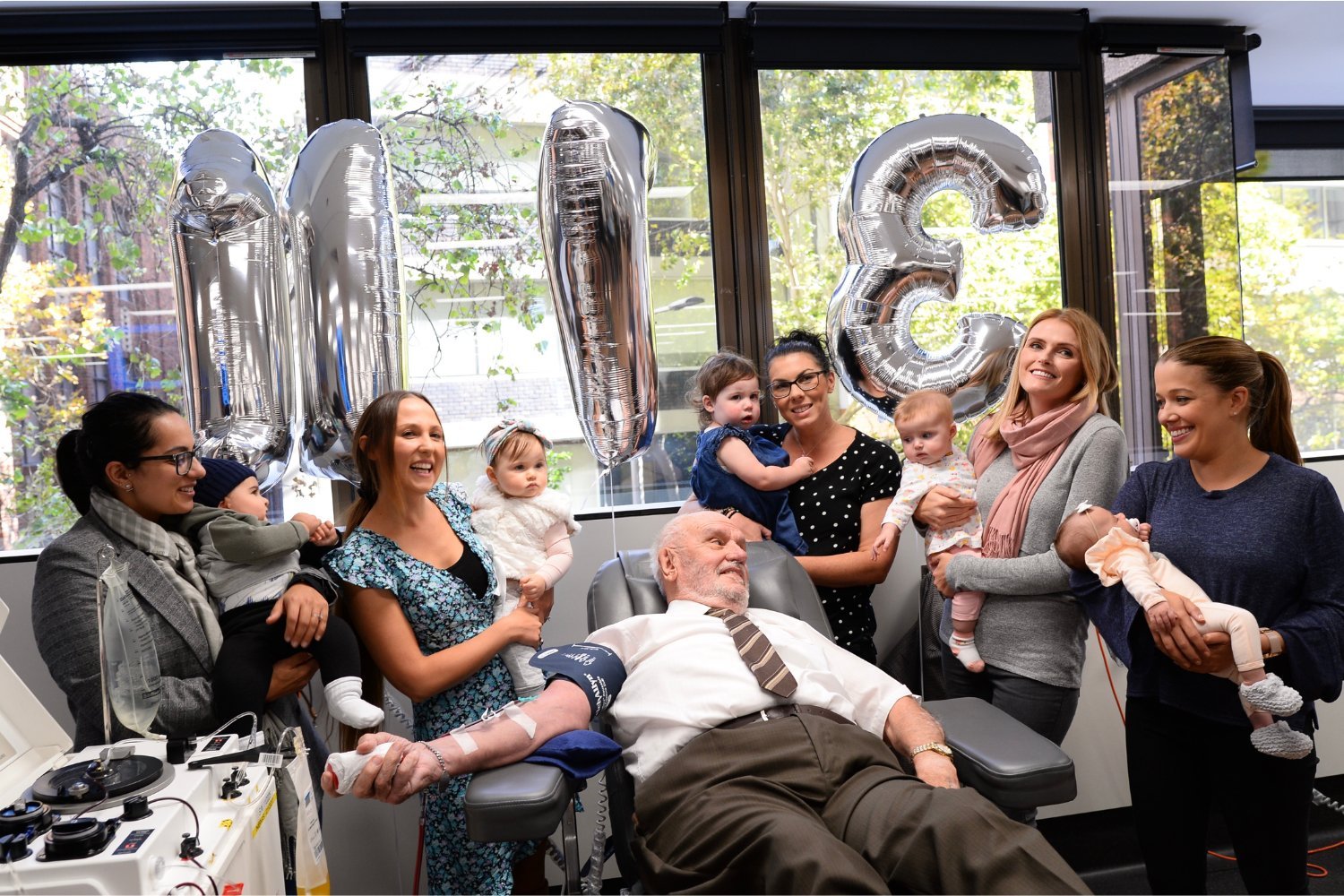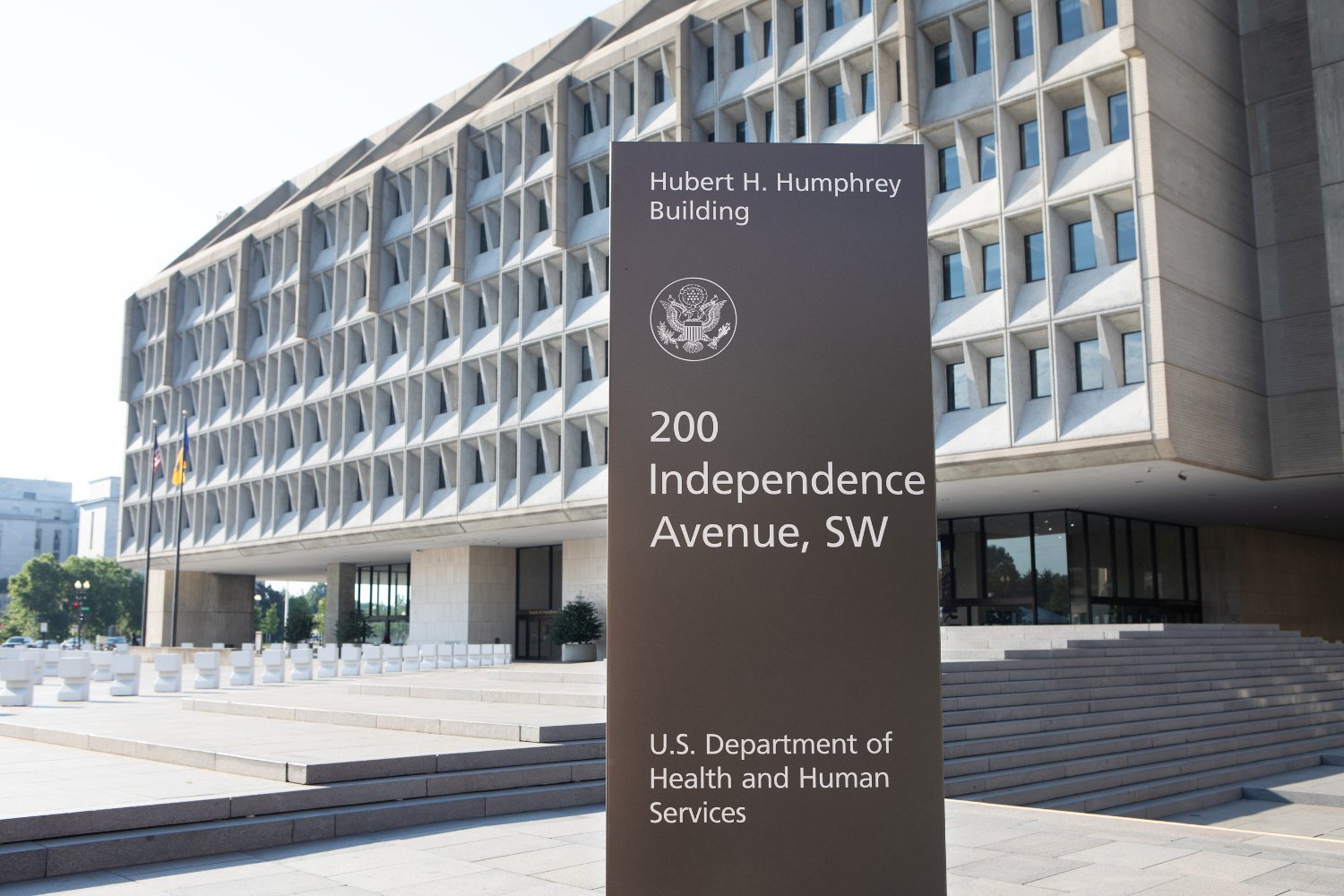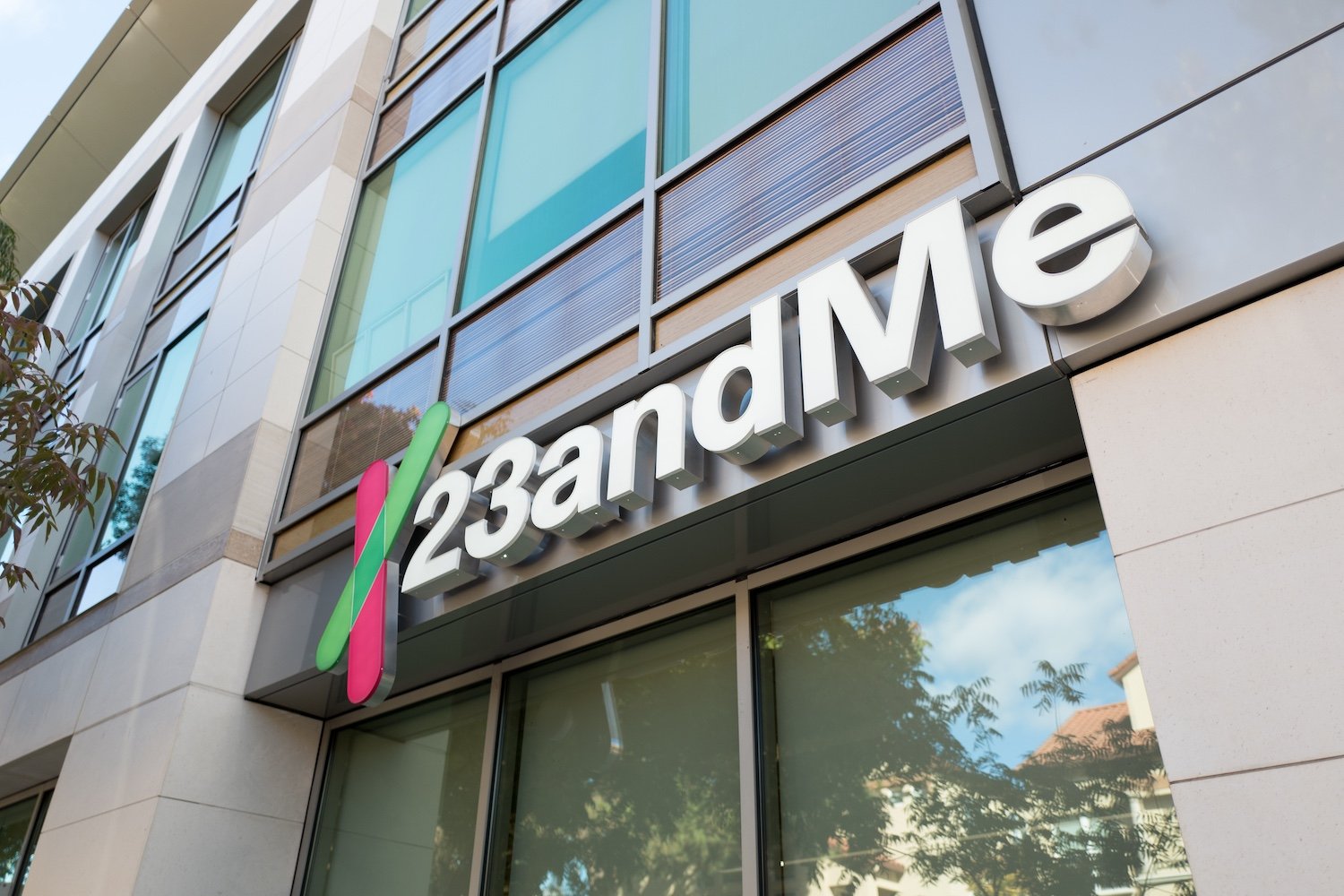James Harrison, an Australian whose rare blood plasma saved the lives of over two million babies, has died at the age of 88. His remarkable contributions, spanning over six decades, earned him the moniker “The Man With The Golden Arm.”
Harrison’s unique blood contained a rare antibody, anti-D, crucial in preventing Rhesus disease, a potentially fatal complication in pregnancies where the mother is RhD-negative and the fetus is RhD-positive. The Australian Red Cross Lifeblood announced his passing over the weekend, highlighting his unparalleled generosity and the profound impact he had on countless families.
Lifeblood CEO Stephen Cornelissen AM described Harrison as a “remarkable, stoically kind, and generous person committed to a lifetime of giving.” His dedication stemmed from a personal experience in his youth. At 14, Harrison underwent major lung surgery requiring numerous blood transfusions. This life-altering event inspired him to become a blood donor at the age of 18 in 1954, a commitment he maintained for the next 60 years.
Harrison’s plasma donations, totaling 1,173 over his lifetime, occurred approximately every three weeks. This extraordinary frequency was vital due to the nature of the anti-D antibody and its role in preventing Rhesus disease. In this condition, a pregnant woman’s immune system can attack her baby’s red blood cells, leading to severe illness or even death in newborns.
Rhesus disease, also known as hemolytic disease of the fetus and newborn (HDFN), occurs when there’s an incompatibility between the mother’s and baby’s blood types concerning the RhD protein. If a RhD-negative mother is exposed to RhD-positive blood, her body produces anti-D antibodies. These antibodies can cross the placenta and attack the red blood cells of a subsequent RhD-positive fetus. Prophylactic administration of anti-D immunoglobulin, derived from plasma like Harrison’s, prevents this sensitization, safeguarding future pregnancies.
Harrison’s daughter, Tracey Mellowship, an anti-D recipient herself, shared that her father found immense satisfaction in knowing he helped so many families. “It made him happy to hear about the many families like ours, who existed because of his kindness,” she stated.
Despite the demanding schedule, Harrison never complained about the donation process, maintaining it was painless. He viewed his donations as no more important than any other donor’s, believing everyone could contribute in their own unique way. His ultimate hope was that someone would eventually surpass his donation record.
Harrison’s legacy extends far beyond the remarkable number of lives he saved. His selfless dedication serves as an inspiration, demonstrating the profound impact a single individual can have on the world. He embodied the spirit of giving, leaving behind a legacy that will continue to inspire generations to come.











